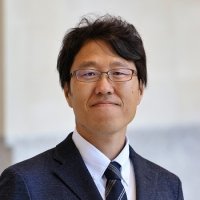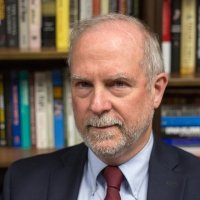Political Fallout: Nuclear Weapons Testing and the Making of a Global Environmental Crisis
The Partial Test Ban Treaty of 1963 is typically viewed as marking a first step toward nuclear arms control. But Toshihiro Higuchi argues that it was also one of the first international agreements that addressed a truly global, human-induced environmental problem. By tracing a worldwide struggle to determine the biological effects, social acceptability, and policy implications of radioactive fallout, Higuchi reexamines the Cold War in the context of the Anthropocene - an era in which humans are confronting environmental changes of their own making.
Toshihiro Higuchi is Assistant Professor of History at Georgetown University. He studies the international history of the nuclear age with a focus on its scientific, technological, and environmental aspects. He received a PhD at Georgetown in 2011. His publications include “Radiation Protection by Numbers: Another ‘Man-Made Disaster’,” in Learning from Fukushima, ed. Edward Blandford and Scott Sagan (2016) and a prize-winning article, “An Environmental Origin of Antinuclear Activism in Japan, 1954-1963,” Peace & Change (2008).
The Washington History Seminar is co-chaired by Eric Arnesen (George Washington University and the National History Center) and Christian Ostermann (Woodrow Wilson Center) and is organized jointly by the National History Center of the American Historical Association and the Woodrow Wilson Center's History and Public Policy Program. It meets weekly during the academic year. The seminar thanks its anonymous individual donors and institutional partners (the George Washington University History Department and the Lepage Center for History in the Public Interest) for their continued support.
Speaker

Associate Professor, Georgetown University
Moderators

Woodrow Wilson Center

Professor of History, The George Washington University. Director, National History Center of the American Historical Association.
Hosted By

History and Public Policy Program
A global leader in making key archival records accessible and fostering informed analysis, discussion, and debate on foreign policy, past and present. Read more


Environmental Change and Security Program
The Environmental Change and Security Program (ECSP) explores the connections between environmental change, health, and population dynamics and their links to conflict, human insecurity, and foreign policy. Read more


Nuclear Proliferation International History Project
The Nuclear Proliferation International History Project is a global network of individuals and institutions engaged in the study of international nuclear history through archival documents, oral history interviews, and other empirical sources. Read more
